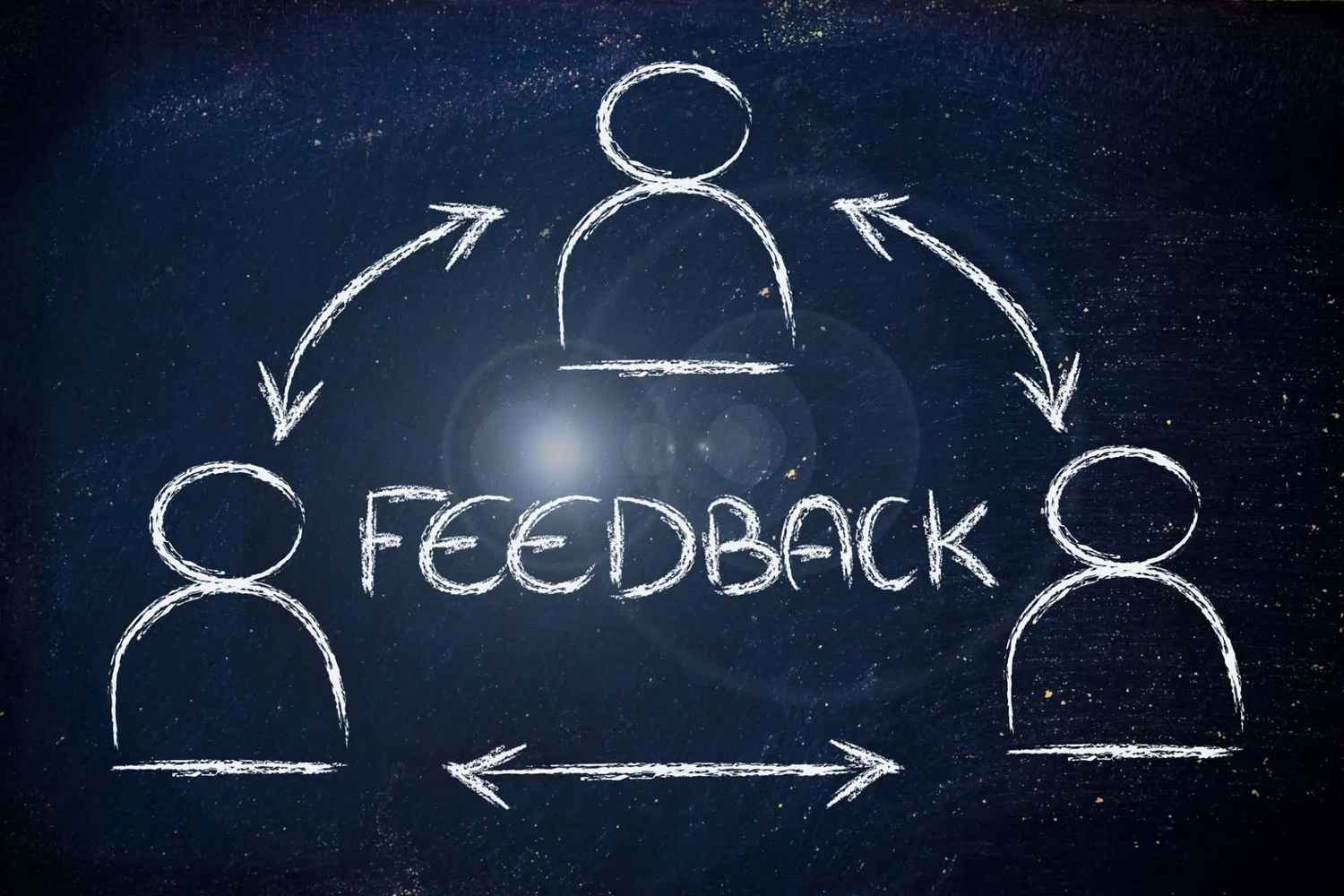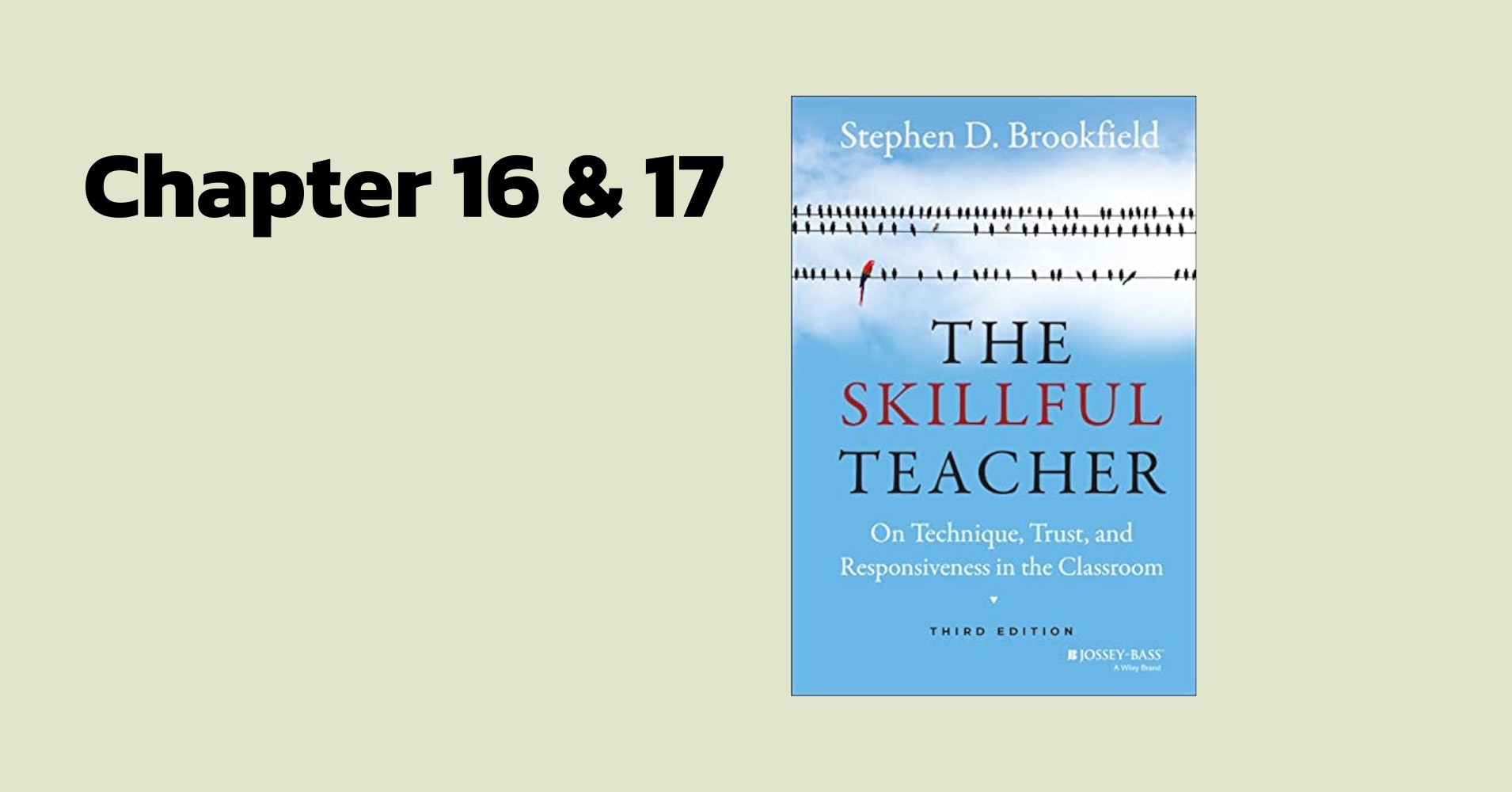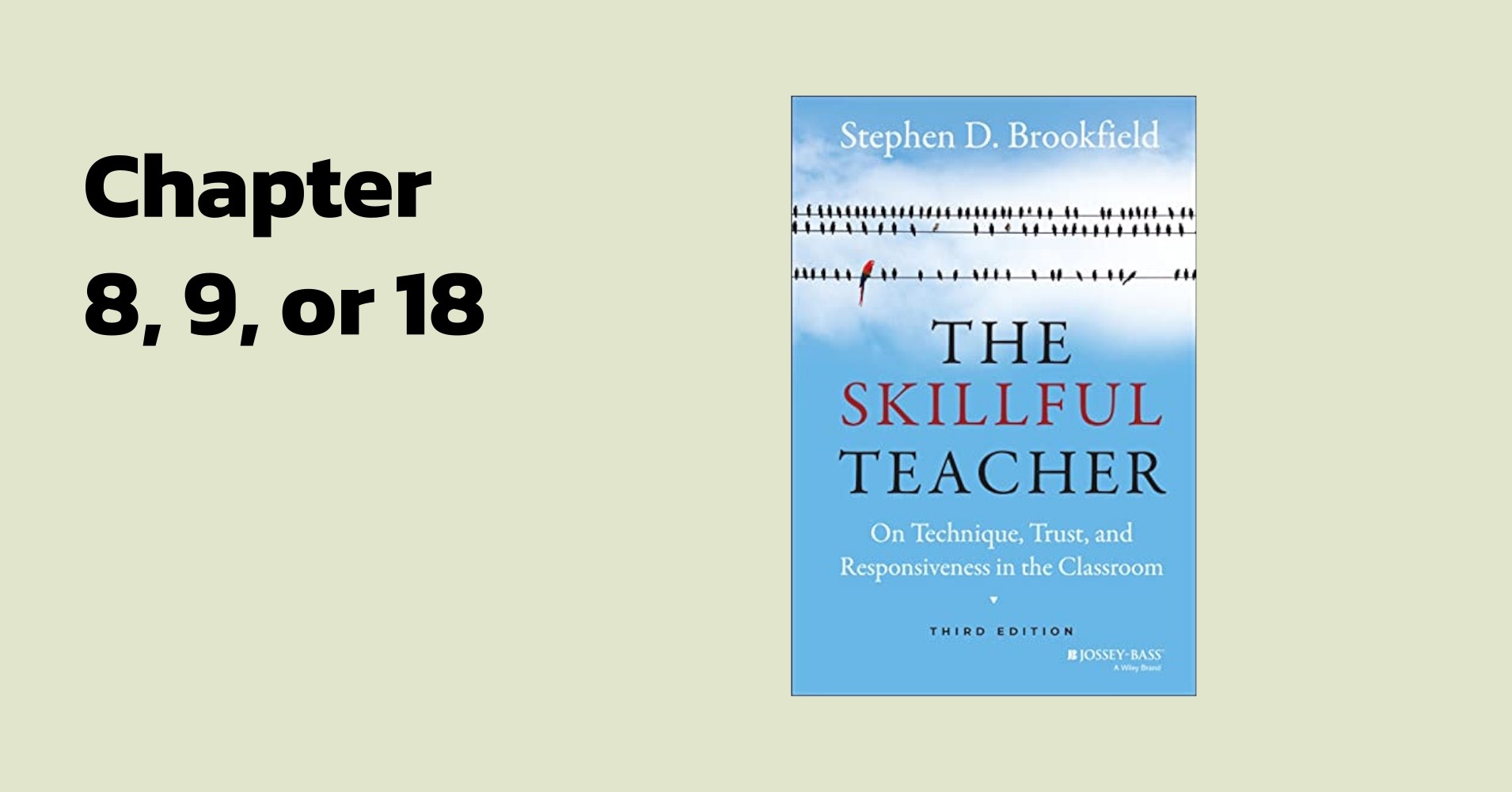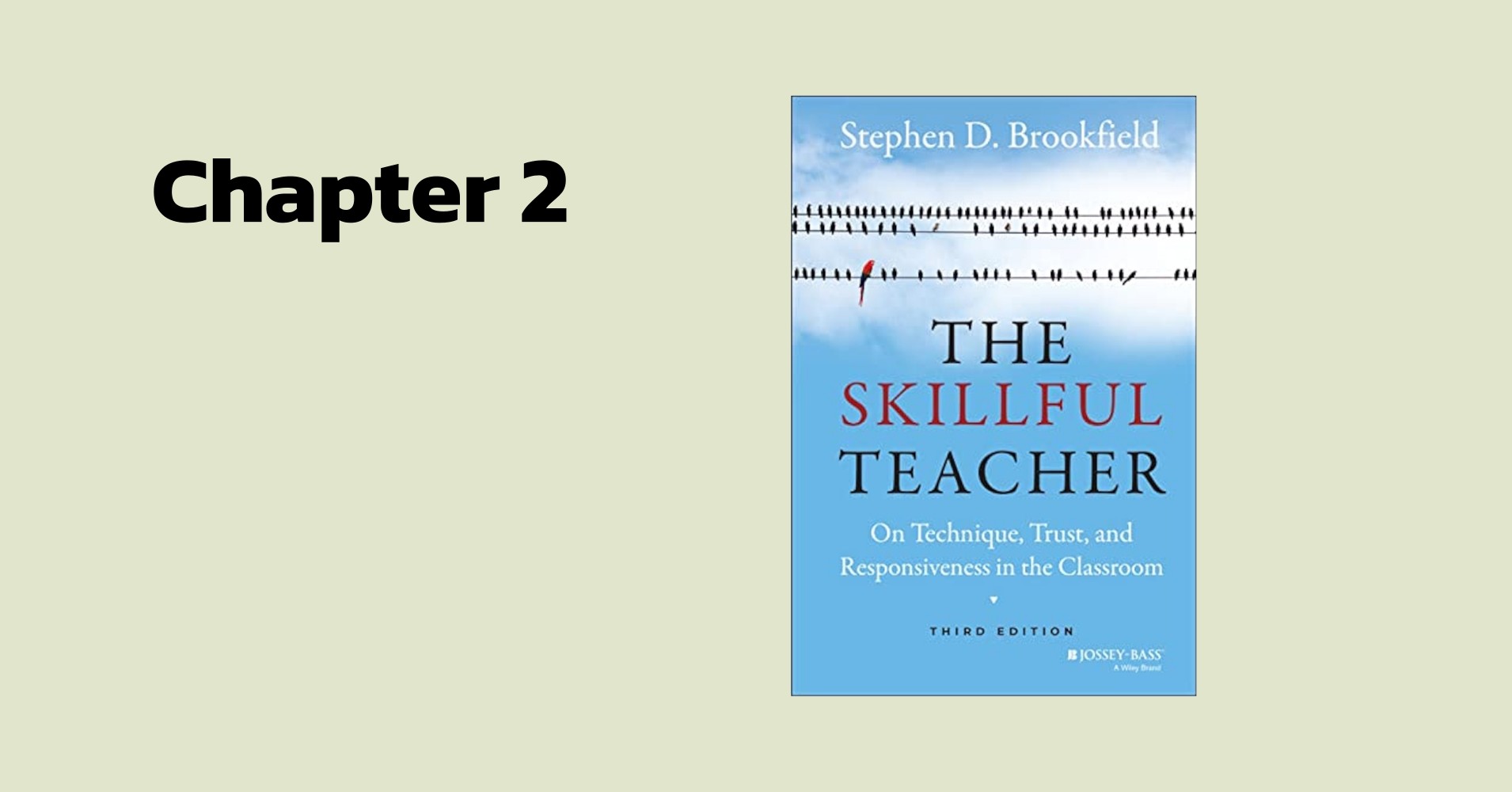Adaptive Feedback Loops in AI: Transforming Education Through Human-Centered Learning
AI is rewriting the future of education, turning classrooms into dynamic ecosystems where self-regulated learners and adaptive feedback loops co-create knowledge through iterative cycles of experience, reflection, and innovation.

Introduction
The rise of artificial intelligence (AI) is reshaping how we interact with knowledge, compelling educational systems to evolve beyond outdated models. As the OECD warns in Elliott et al., 2024, AI’s ability to outperform humans in reasoning and problem-solving means schools must prioritize intellectual growth, creativity, and civic engagement over mere skill acquisition.
Central to this transition are adaptive feedback loops (AFLs) – dynamic systems where learners, educators, and AI collaborate to build responsive, ever-improving learning environments.







